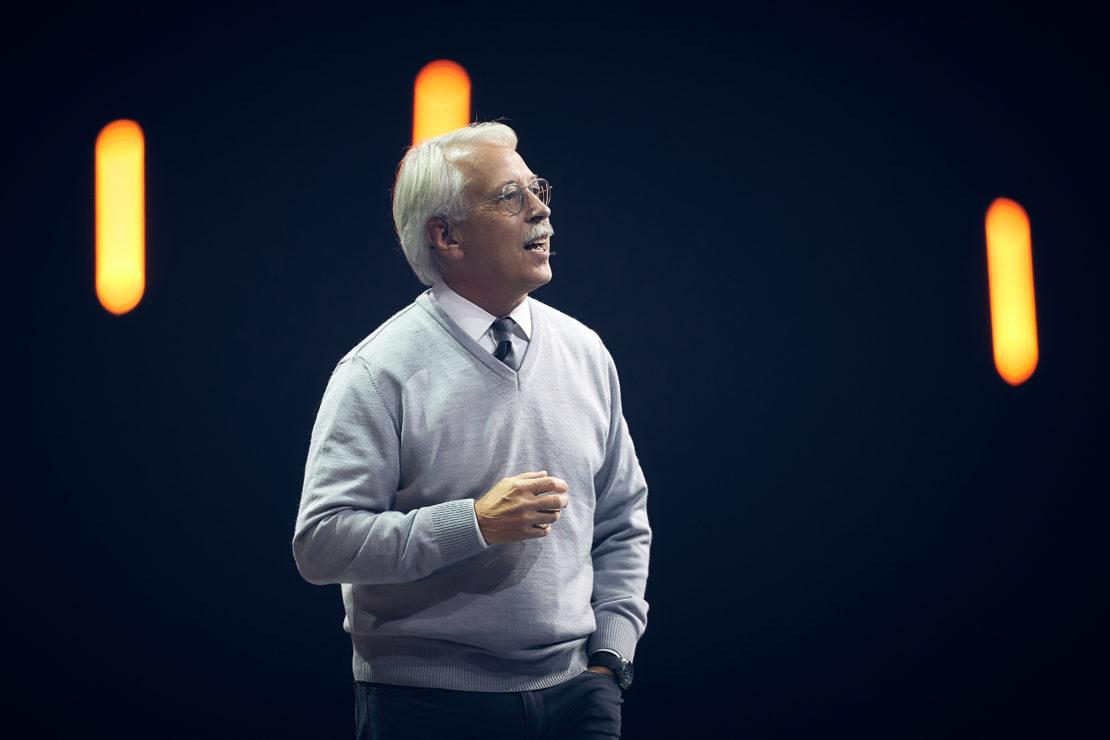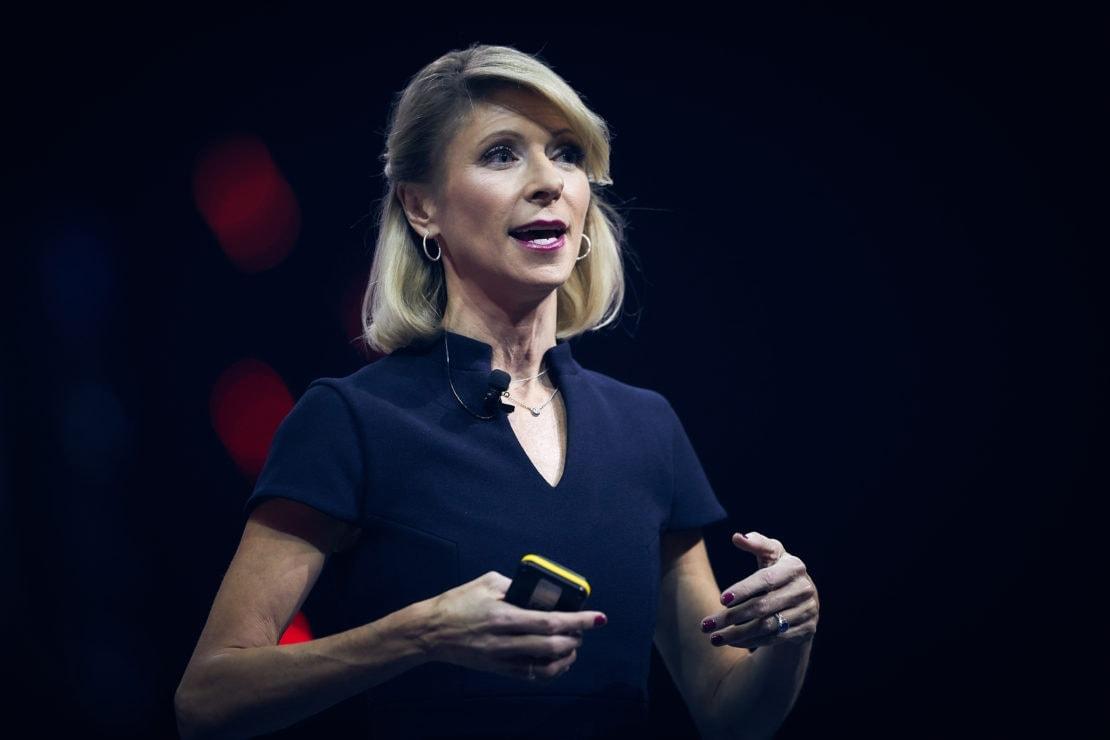26Sep2018
It might be the last thing you would expect a business guru to proclaim, but Gary Hamel’s bold assertion that there is no such thing as strategic planning makes sense in the context of his typically iconoclastic approach to coping with discontinuous change. Speaking at the Nordic Business Forum 2018, Hamel was describing how organizations can go about building an “evolutionary advantage”, equipped to change as fast as the world in which they operate, by accepting that conventional strategic planning is a contradiction in terms.
He outlined “a recipe for an organization that can outrun the future”, based on a recognition that “the future is surprisingly indifferent to our preferences”. Innovation has to start from the bottom. not from the top, drawing on input from the workforce and being prepared to take risks.
“Be humble,” Hamel says. “Look for discomforting data and ask people: what am I missing? Being humble is an incredible advantage in a world of discontinuous change. Often you can’t see the future from where you are standing right now. In any organization you need a process that generates 100s or even 1,000s of new options a year. All of us are willing to change but we need things we are willing to change for.”
One ingredient in Hamel’s recipe is Emotion. It’s no coincidence that the companies most obviously exemplifying this factor are also the world’s most highly valued. When Apple launched the iPhone in 2007, its new product was dismissed as being doomed to failure. The company’s brand value in 2018 stands at USD 150.8 billion, making it the second most valuable in the world. As a brand, Apple understands its position at what Hamel describes as “the intersection of technology and liberal arts”.
Other examples of this disruptive, bottom-up approach include Amazon – top of the global brand value rankings at USD 150.8 billion – which describes itself as the world’s biggest laboratory. According to its CEO Steve Bezos, it strives to “invent new options that nobody has ever thought of”, making it one of the most innovative organizations in the world. IBM, meanwhile, invited its 200,000 employees for ideas for applying its AI competence, receiving some 8,000 ideas in response.
As Hamel insists: “The wisdom of the crowd is better than that of the few.”
Want to dive deeper into the event themes and get to know more in detail what the speakers said at #NBForum2018? Sign up for our newsletter and be the first to receive a copy of our NBForum 2018 Executive Summary to make sure you’re not missing out.


